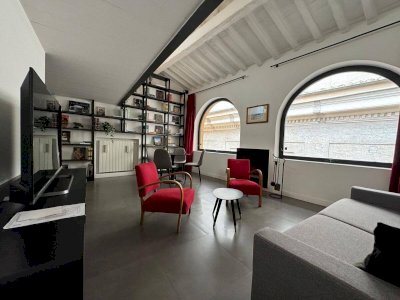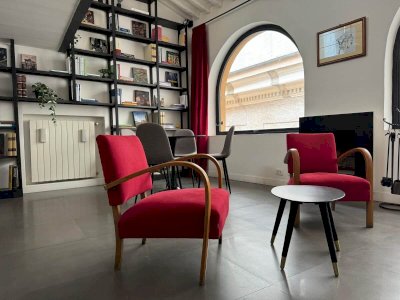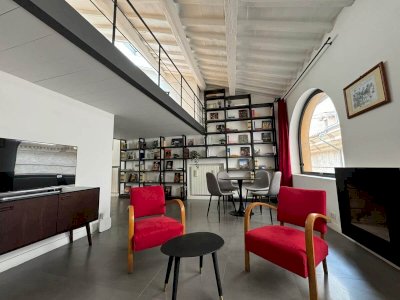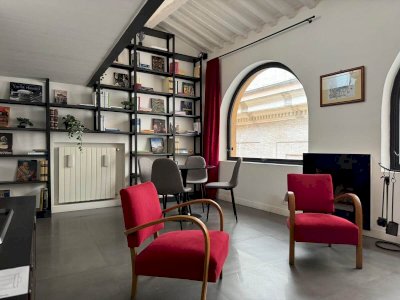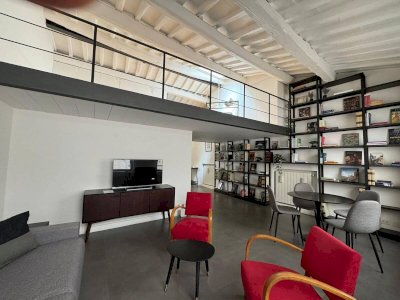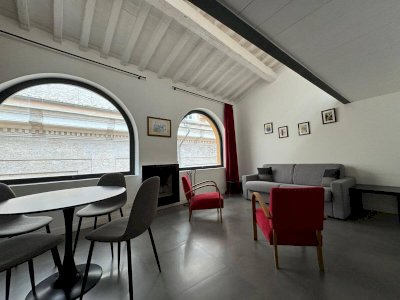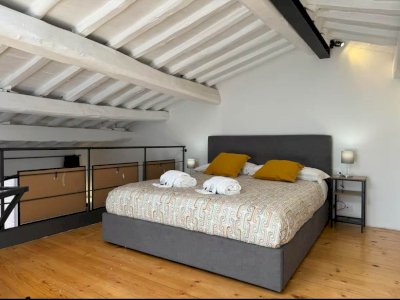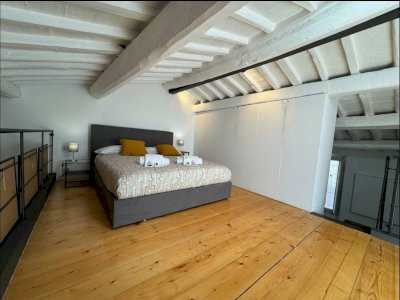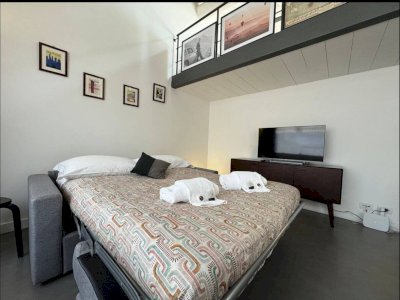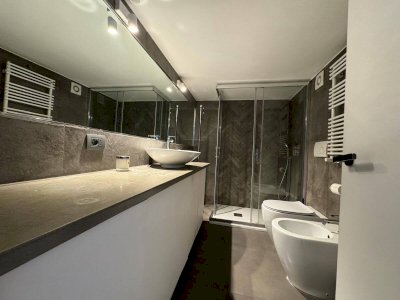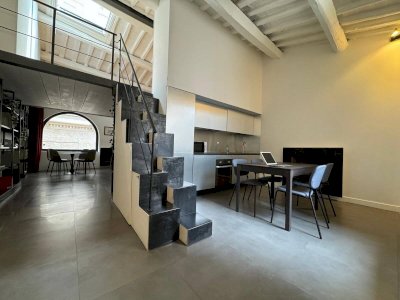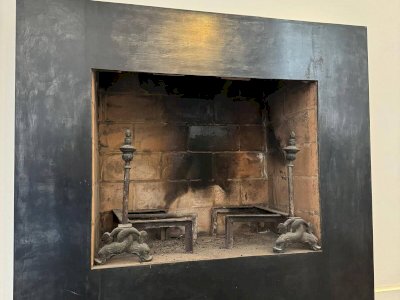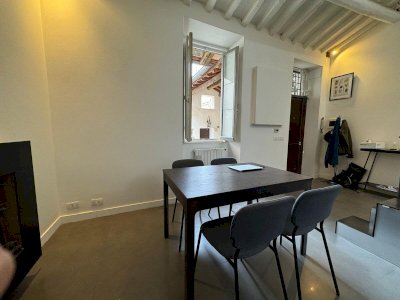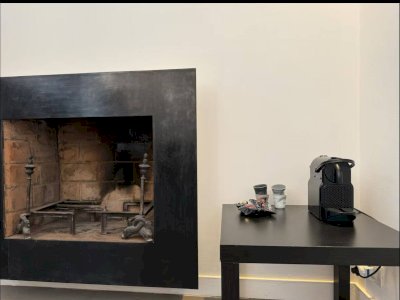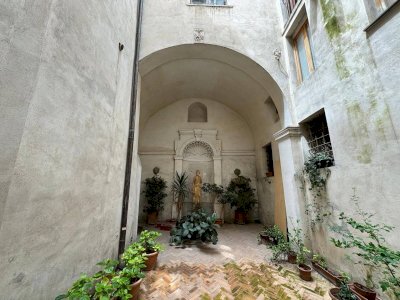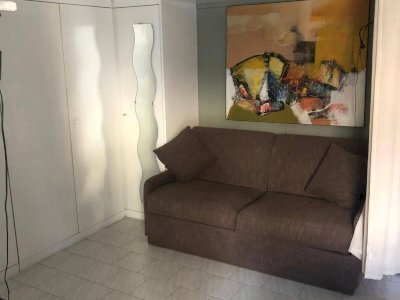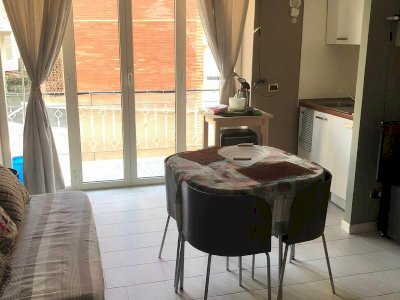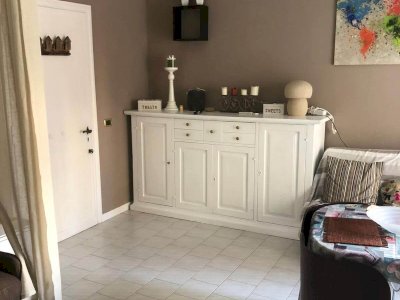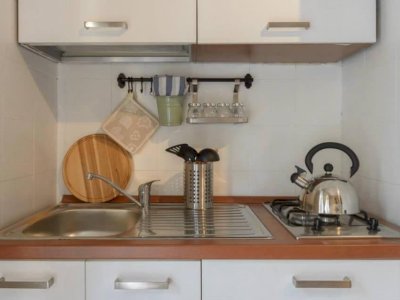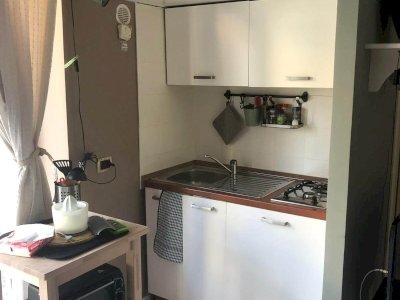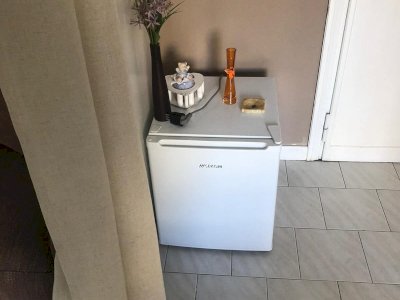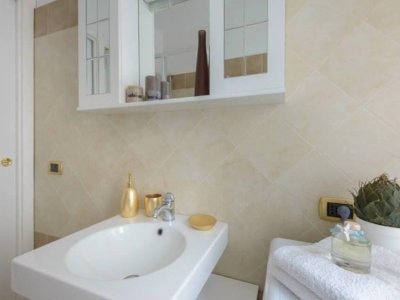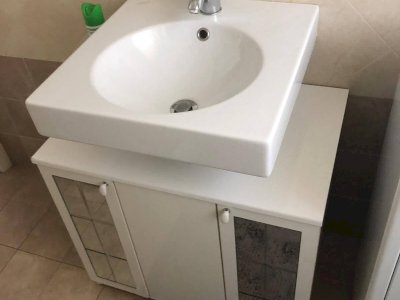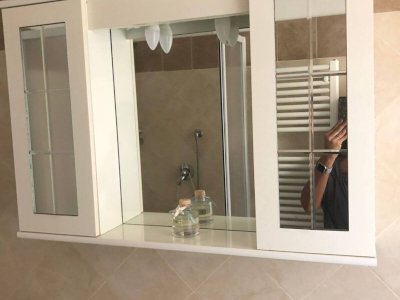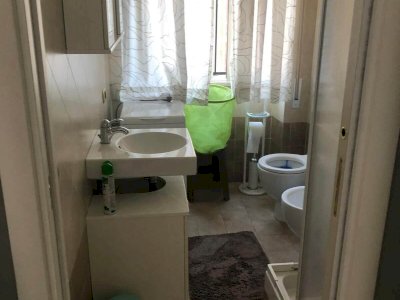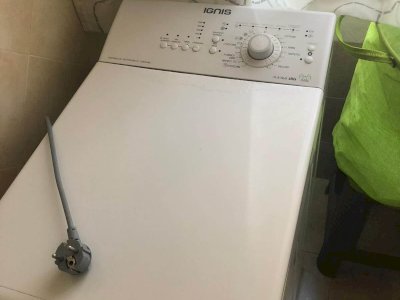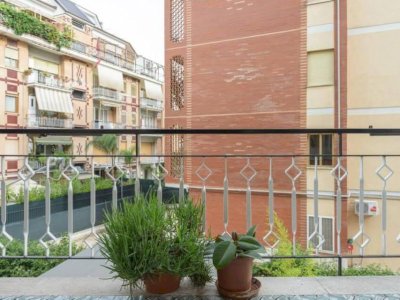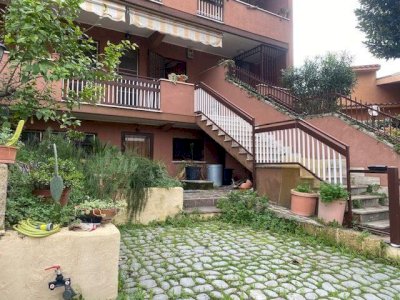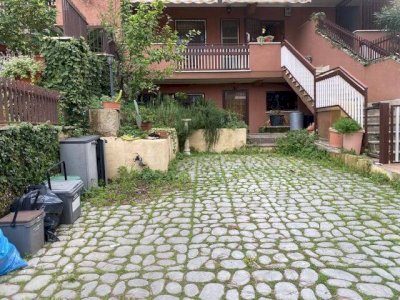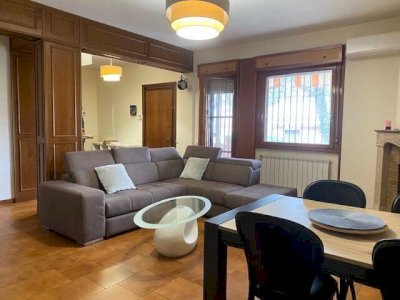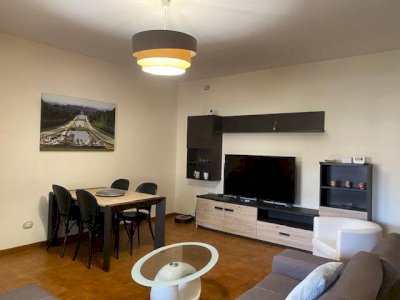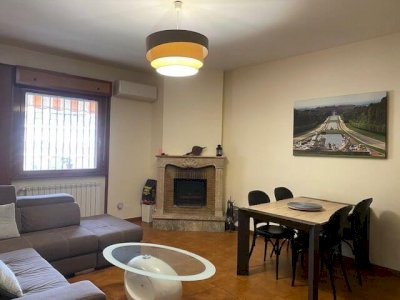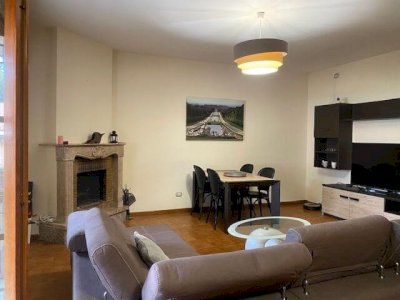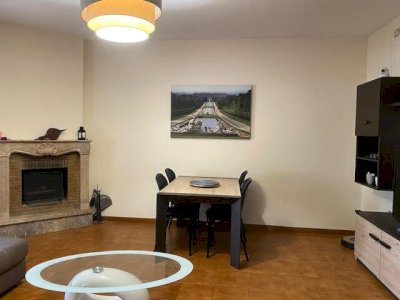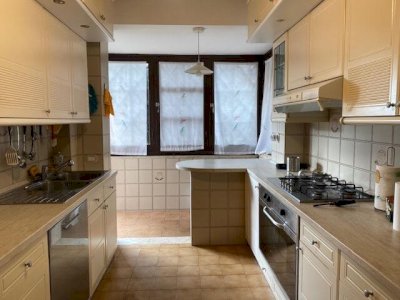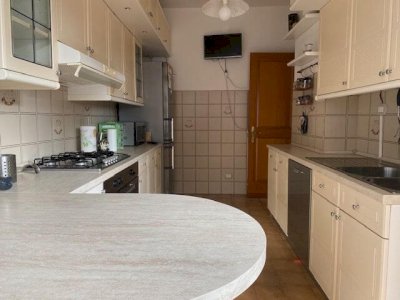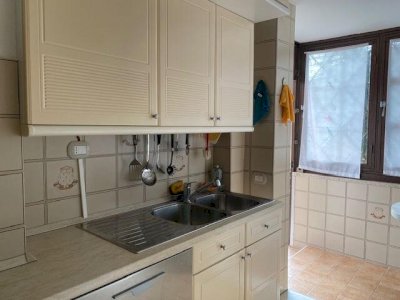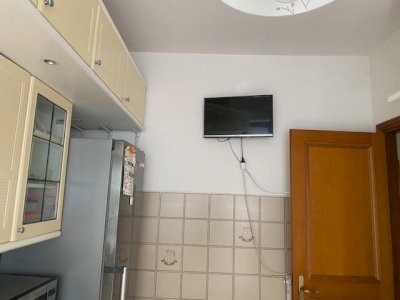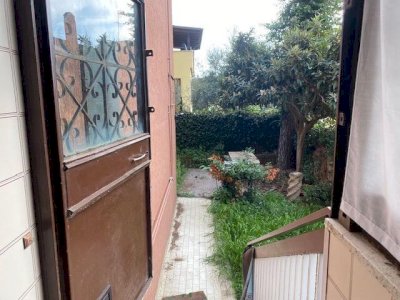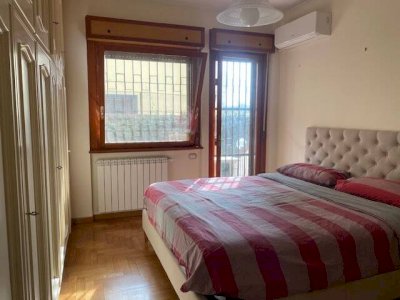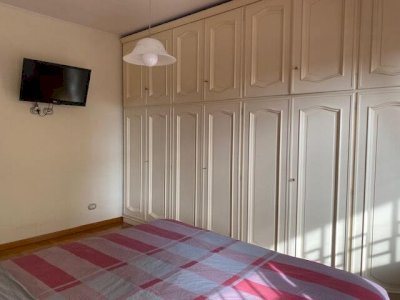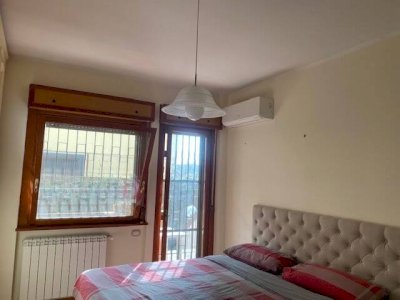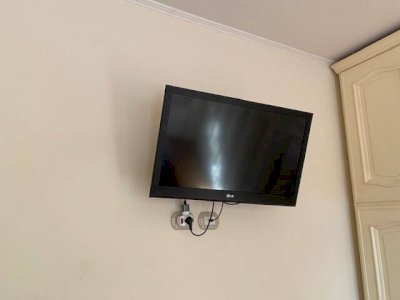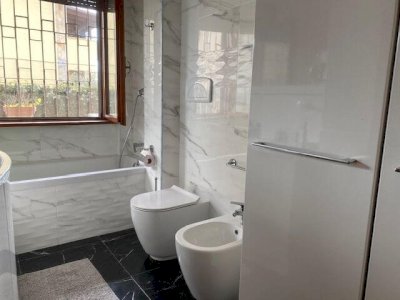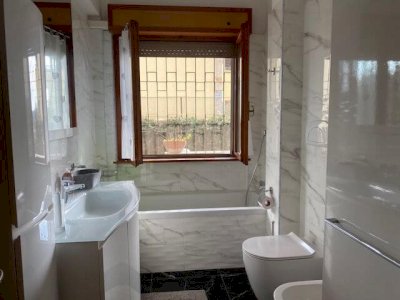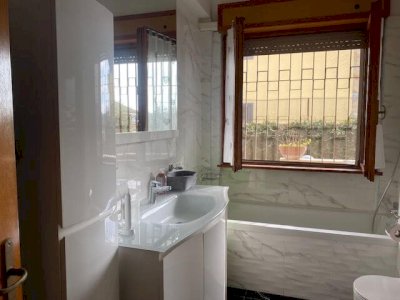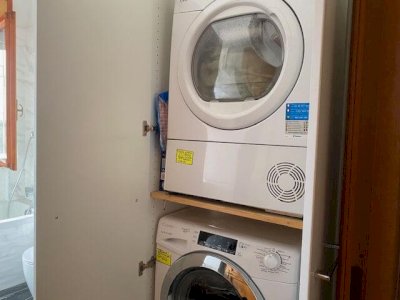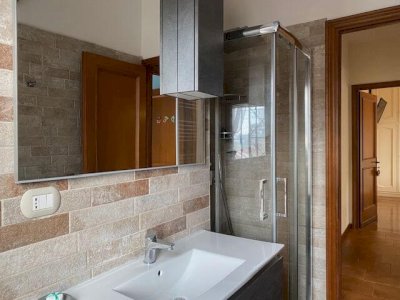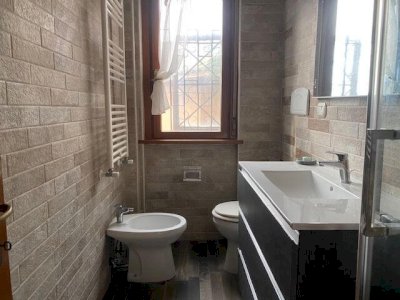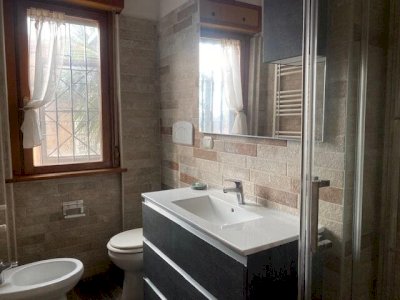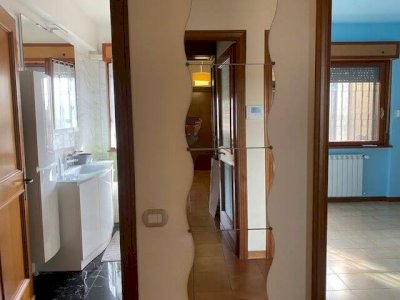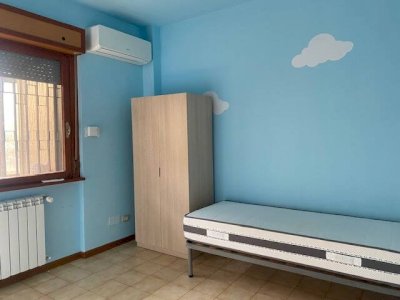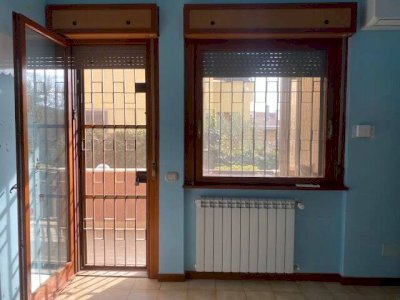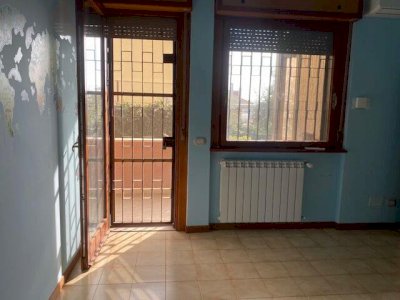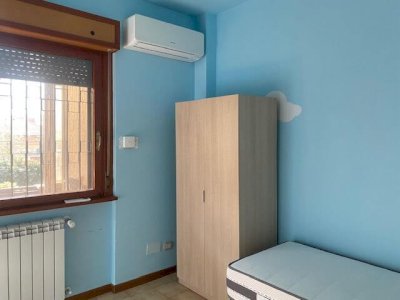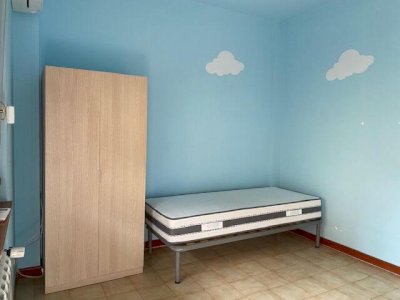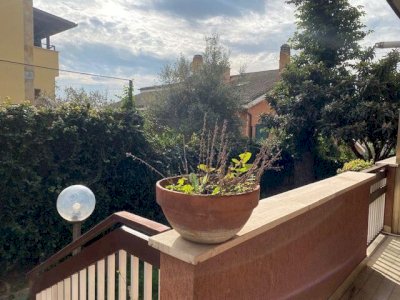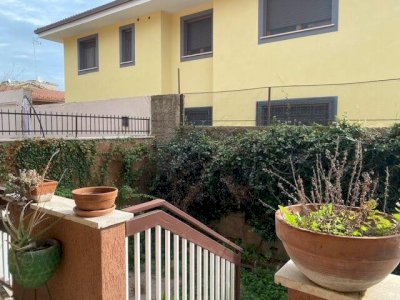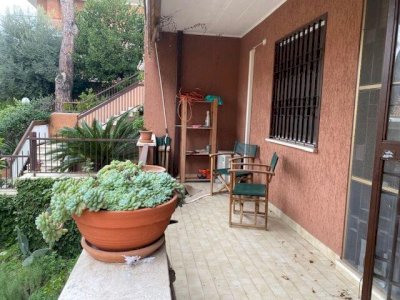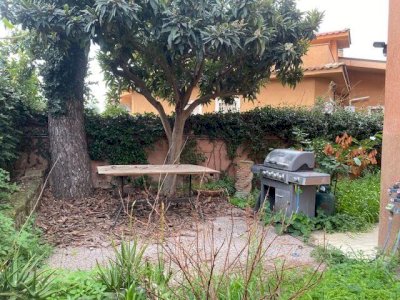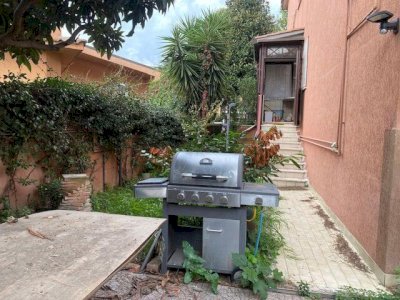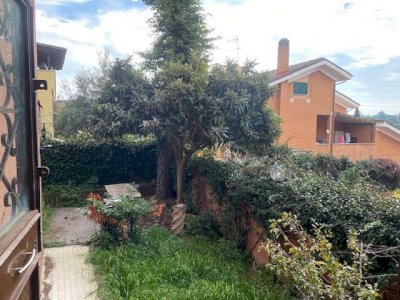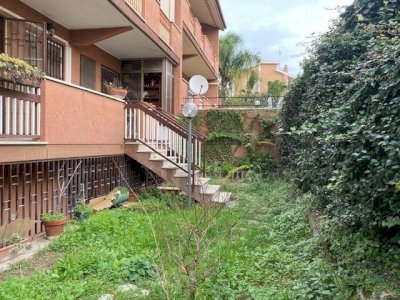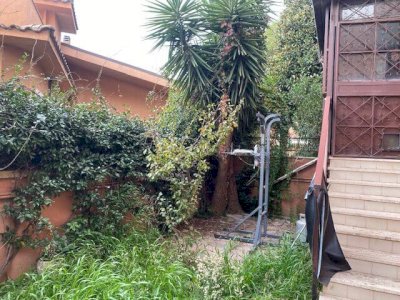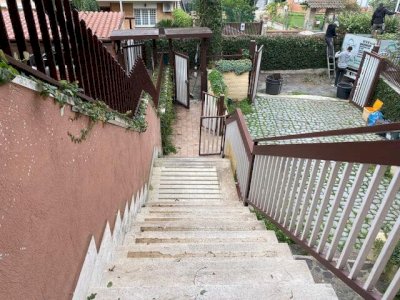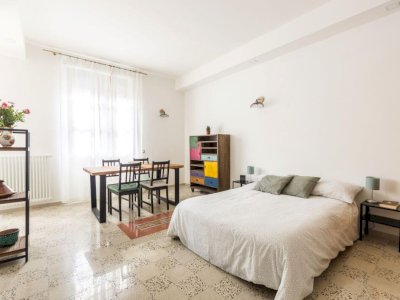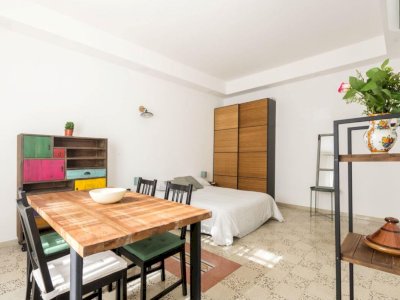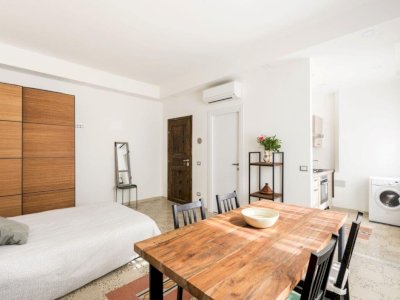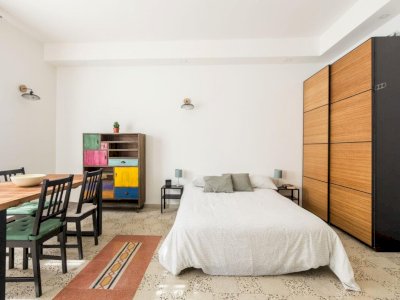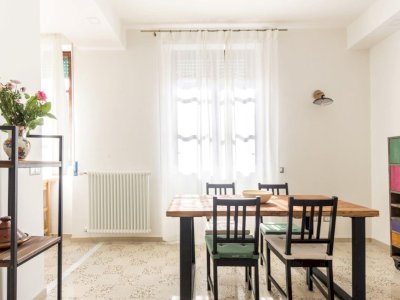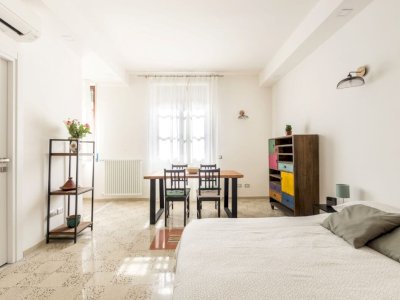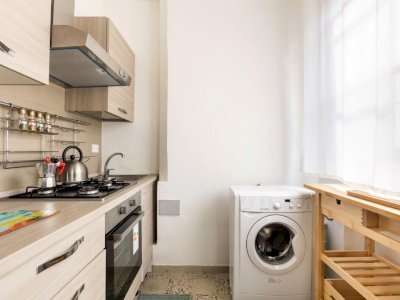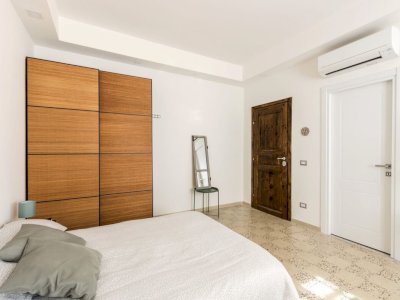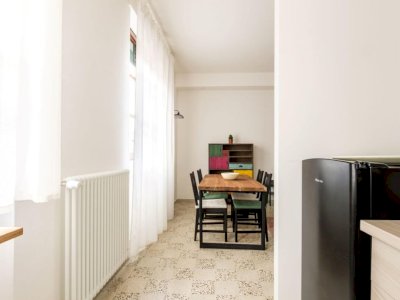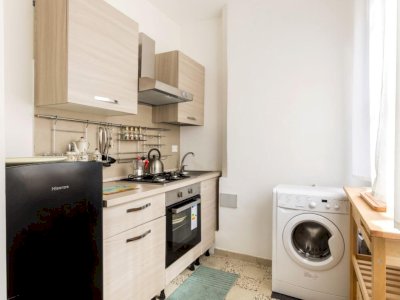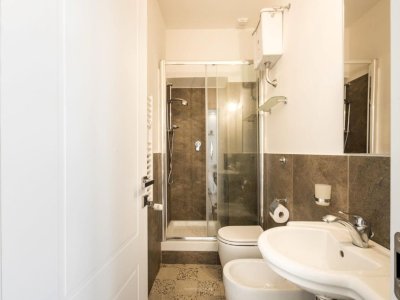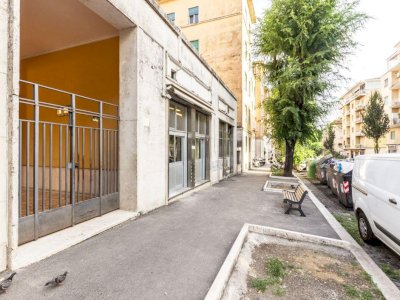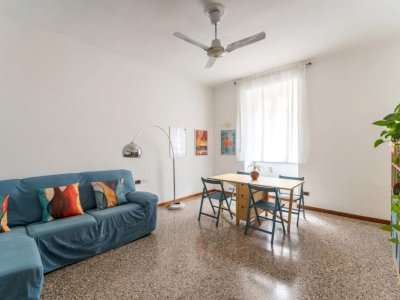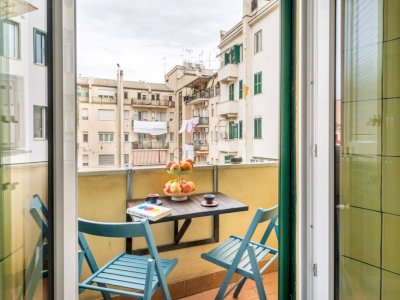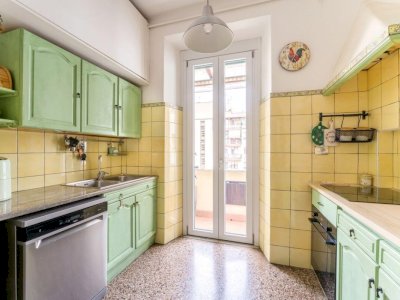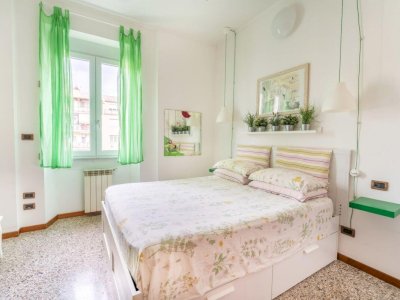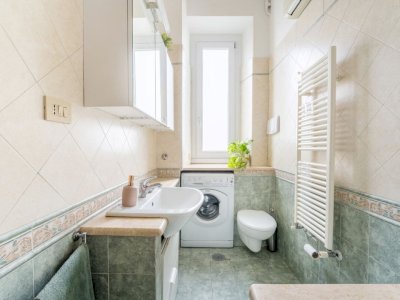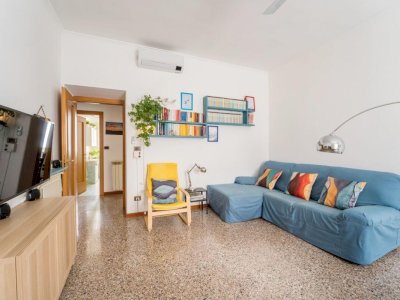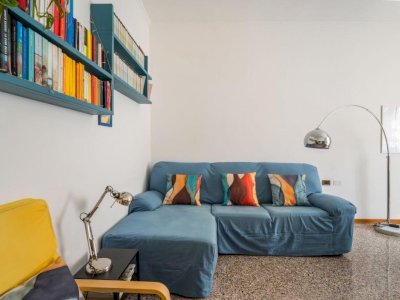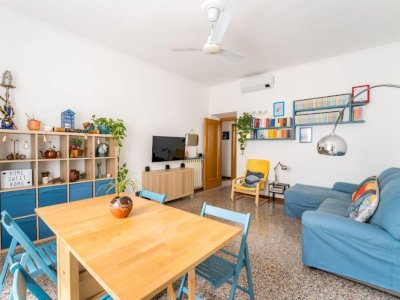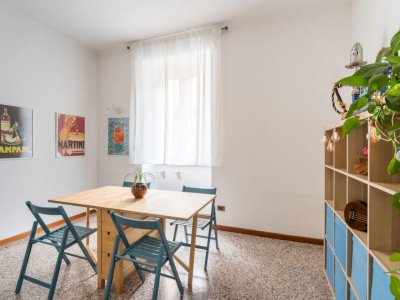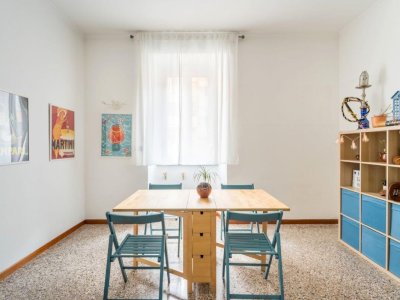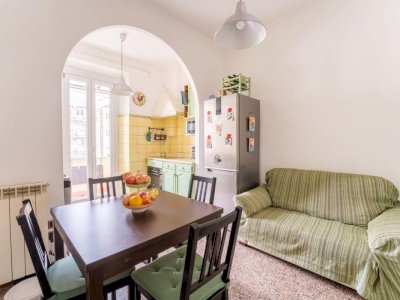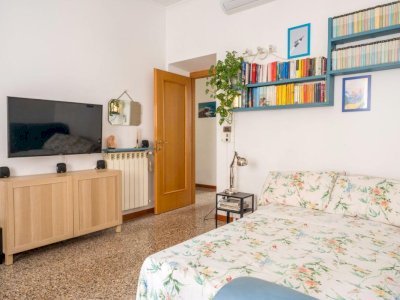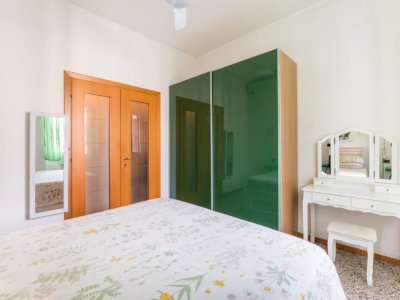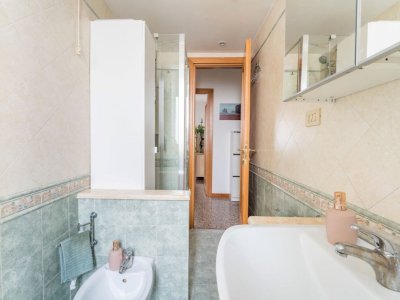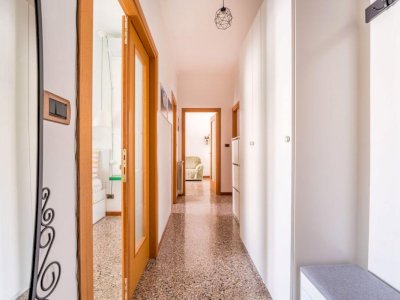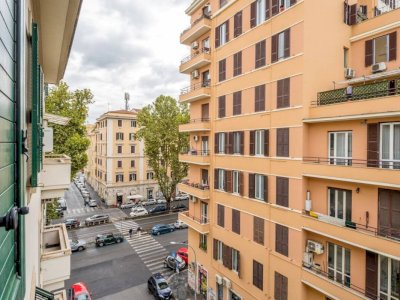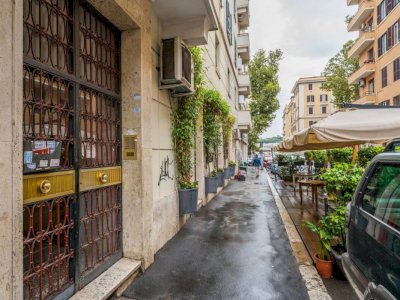
We’ve all had that feeling of despair when we’ve had to update our CV and write a new cover letter but writing it to employers in a different country really adds a whole new level of pressure! Let’s see how you can win over Italian recruiters.
English or Italian
- You’re probably wondering whether you should write your CV and cover letter in English or Italian. Well, it’s really your choice but a good rule of thumb to follow is: if you’re applying for an English-speaking position, write them in English. After all, English is widely spoken in Italy especially in certain, more international sectors.
- If you do need it translated, pay a pro if you aren’t that confident in your Italian abilities.
European Standard CV vs. Your Own Format
- Many Italians still use the European Standard CV. If you’ve never heard of it before, it’s basically a very long CV format that’s pretty old-fashioned and is definitely on its way out.
- If you open Microsoft Word, you’ll find many templates that you can use and personalise.
- No matter what format you use, your CV shouldn’t exceed two pages and should be focused on your work experience and the skills that you used in them.
The Layout
- If you use one of the templates on Word, you won’t need to worry about the layout but just be sure to check that you include:
- Your date of birth at the top of your CV
- Your previous work experience before your education
- Your previous work experience and your education should be listed in reverse starting from your most recent!
 Qualifications
Qualifications
- School, college and university qualifications differ from country to country so you might need to convert your results.
- In Italy, you should state your actual final mark rather than the overall grade.
- You can find grade conversion charts here:
- https://www.scholaro.com/pro/Countries/italy/Grading-System
- https://www.studyineurope.eu/grades
The Tone
- In other countries, recruiters might be interested to know who you are outside the office (what you do in your spare time, whether you like to travel or if you’re a cat or dog person) but in Italy, that isn’t the case.
- Unless they are related to the position that you’re applying for, stick to your professional achievements and leave out your hobbies.
- If you want to include a couple of lines about your hobbies or passions, pop them into a small section at the end of your CV. This could include volunteer experience!
Nationality
- When it comes to expats, Italian employers are mainly interested in whether you are eligible to work in Italy so it’s important to state your nationality.
- If you are from the EU, you can simply add ‘eligible to work in Italy’.
- If you are from outside of the EU and your visa or work permit has certain restrictions, you should state this clearly.
- You won’t need to include any proof of this until you are further along in the hiring process!
Photo
- It’s a good idea to add a photo of yourself onto your CV as this is common practice in Italy!
- The photograph that you include should be passport sized and formal. Stick to a photo that shows you from the shoulders upwards!
- Just remember that your background should be neutral as should your appearance.
Language Skills
- Applying for a job in a foreign country means that it’s essential to write about your language skills (even including your native language).
- You should highlight any language skills that you have and estimate your level. You can either use the CEFR scale (Common European Framework of Reference for Languages) which ranges from A1 to C2 or simply write your level as: Fluent, Good or Moderate.
- Ensure that you are honest and don’t exaggerate!
References
- Usually, Italians aren’t really bothered about references but it’s always a good idea to state that they are available if needed!
Cover Letters
- In other countries, cover letters are essential but in Italy, they aren’t always required but it can give you a boost!
- The aim of a cover letter is to make you as attractive as possible to recruiters who will then want to get in touch with you.
- You don’t need to repeat what’s in your CV, you should instead talk about why you would be the perfect fit for that role and what attracts you to it and the company.
- Just remember to keep some mystery as if you’re invited to an interview, you want to be able to add something!
- Keep it formal! Formality is important in Italy!

Richard
Richard is the founder of Cribmed. He was born and grew up in New Zealand. In his twenties, he traveled and backpacked extensively before finally settling down in Rome, Italy in 2011.

Latest posts by Richard
-
Affitti Vacanze vs. Affitti Mensili Transitori -
27 Nov, 2023
-
Cedolare secca e affitti brevi: Domande e risposte -
01 Nov, 2023
-
AMA - Rome Garbage - How it Works -
19 Jan, 2022
-
How to get a Codice Fiscale -
11 Jan, 2022
-
COLORARE LE CASE -
20 Dec, 2021



 English
English


